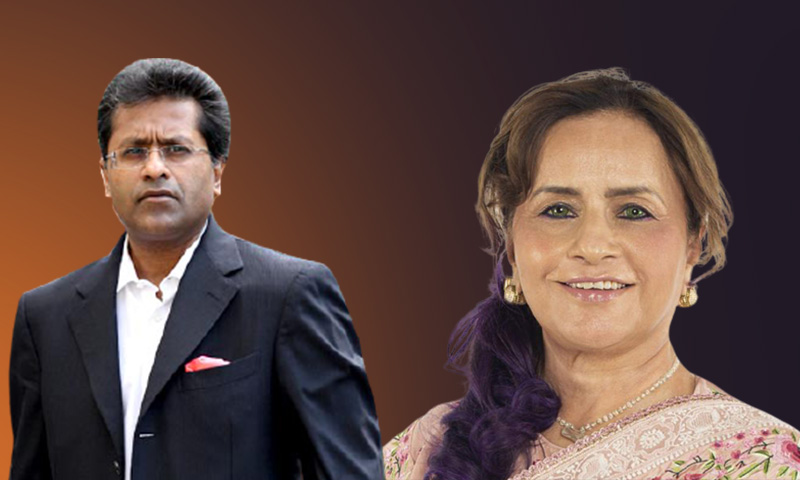"Come Up With Solutions" : Supreme Court Tells Lalit Modi & His Mother Bina Modi In Family Property Issue
Shruti Kakkar
29 July 2022 10:25 AM IST

Next Story
29 July 2022 10:25 AM IST
The Supreme Court on Thursday adjourned the case related to ongoing family dispute between businessman Lalit Modi, his mother Bina Modi and his siblings for August 1, 2022. The bench of Chief Justice of India NV Ramana, Justices Krishna Murari and Hima Kohli asked the parties to come up with a solution to solve the dispute."Last time we appointed arbitrators but you could not...
